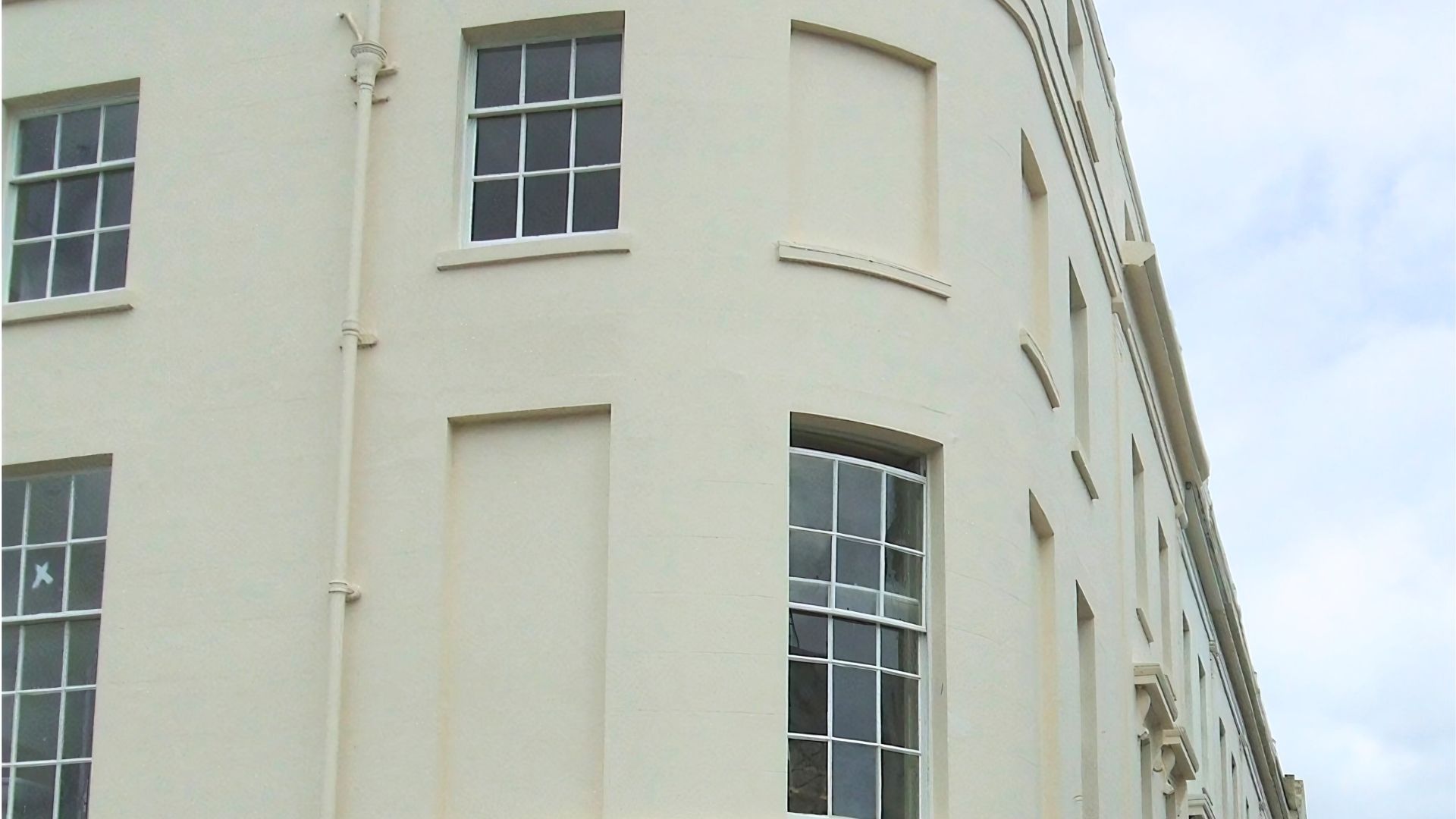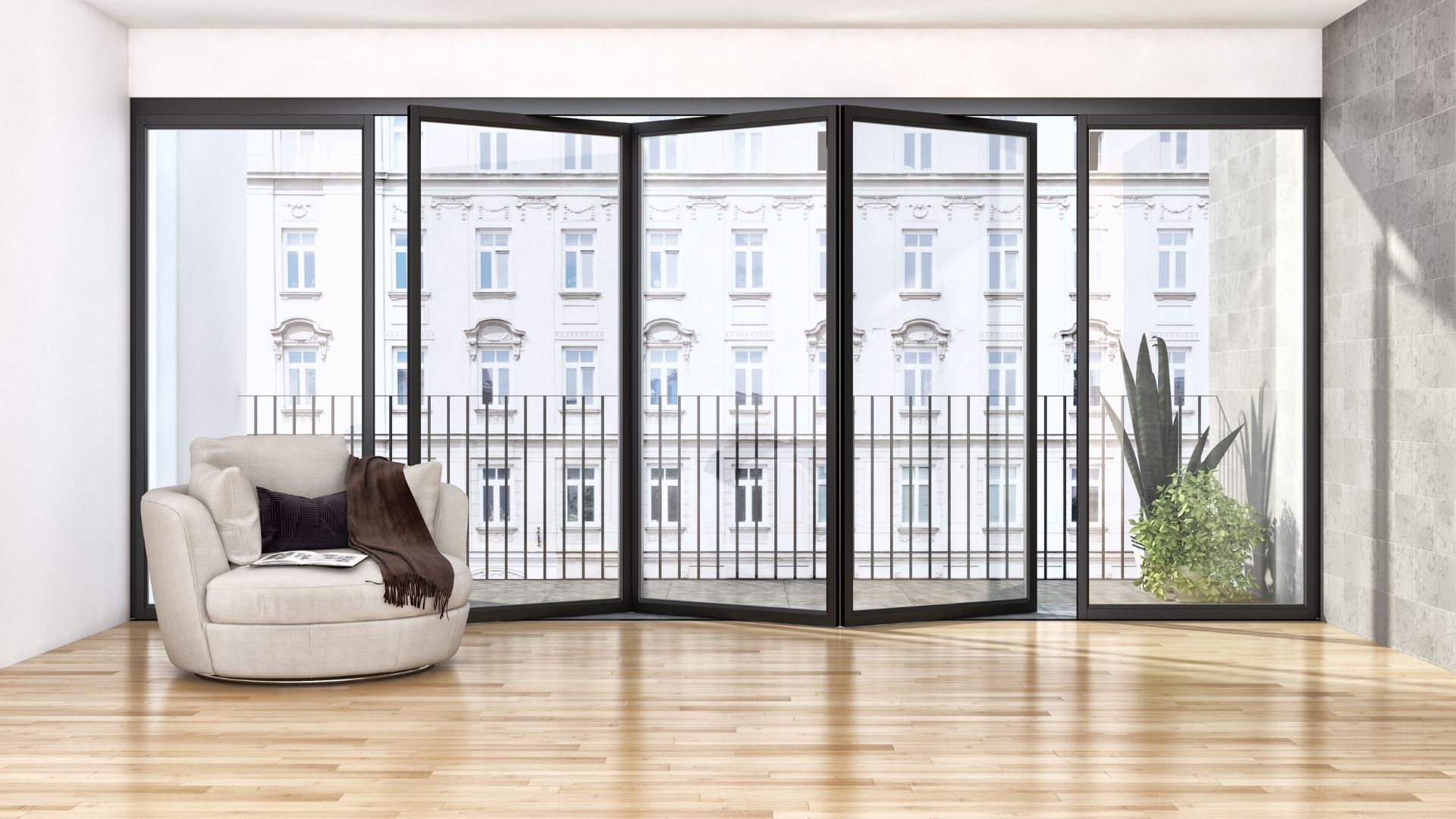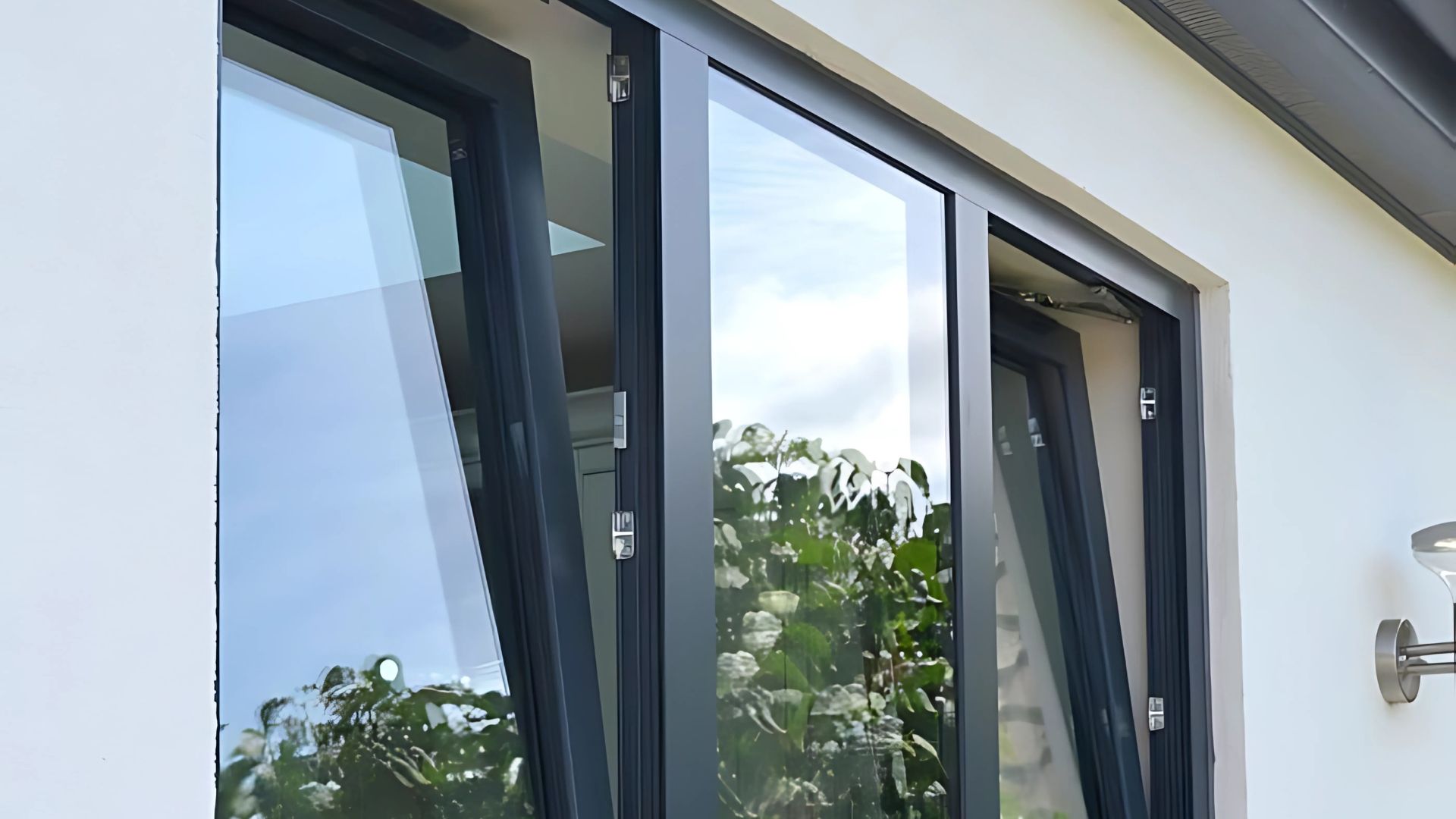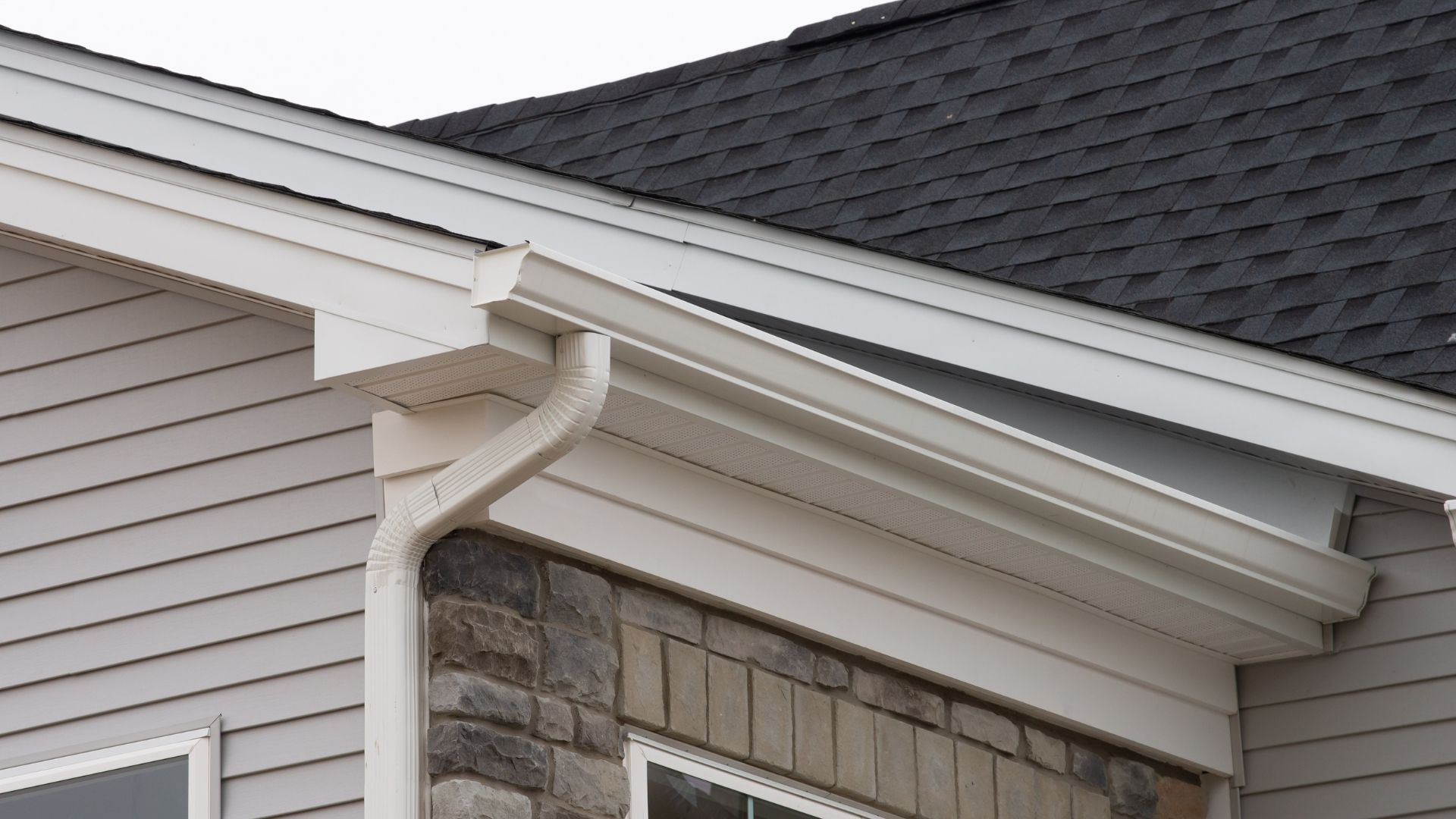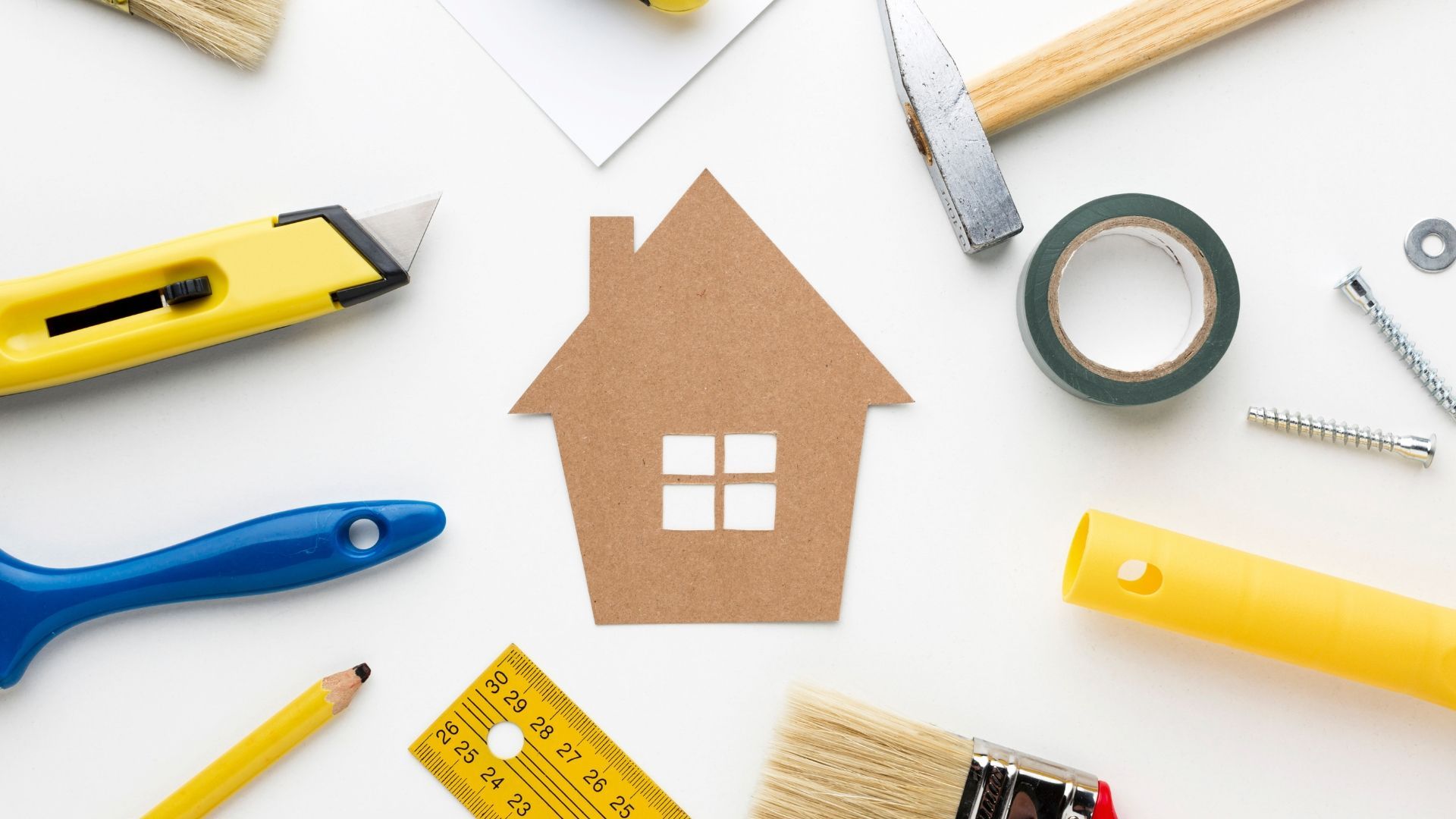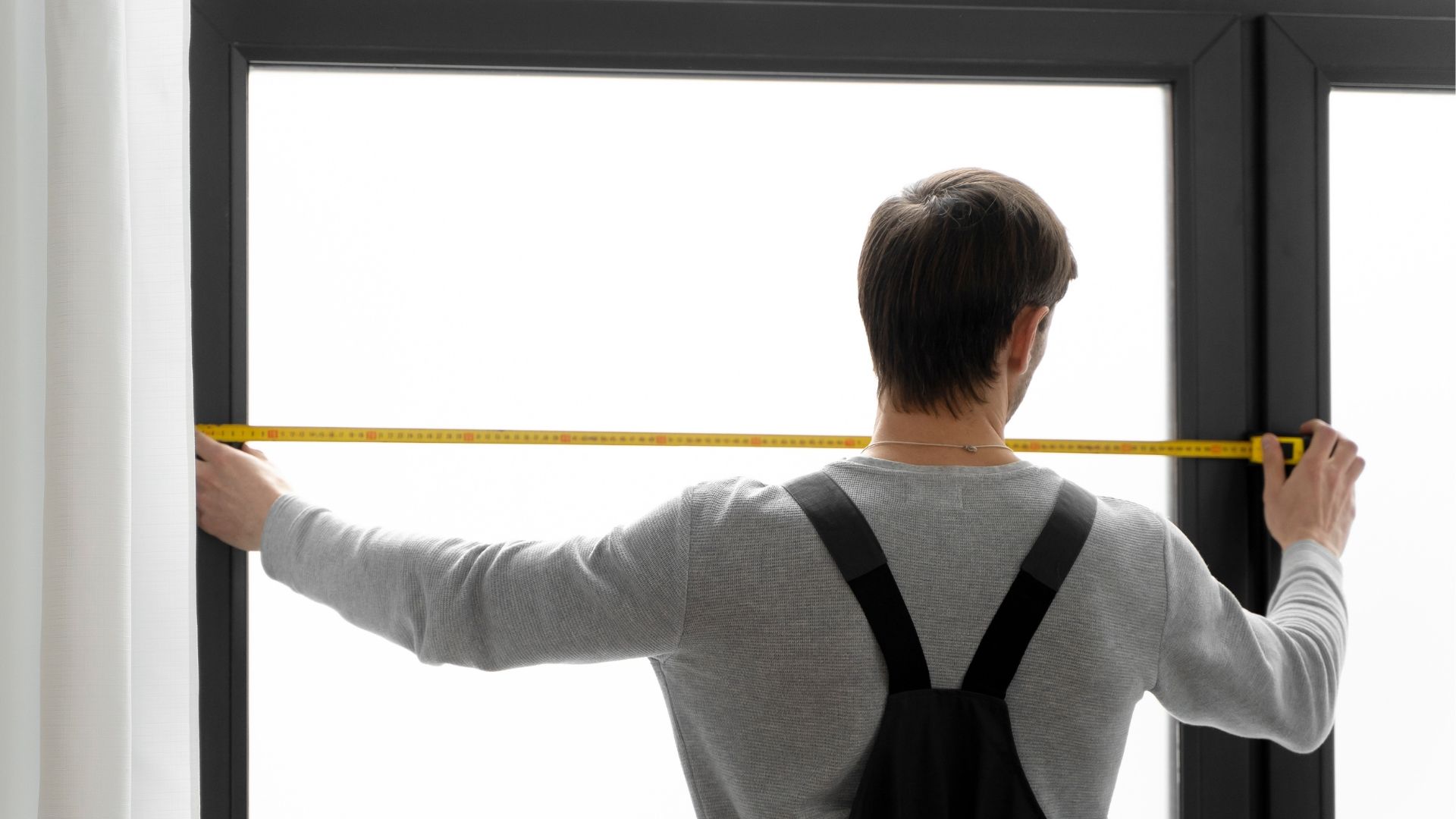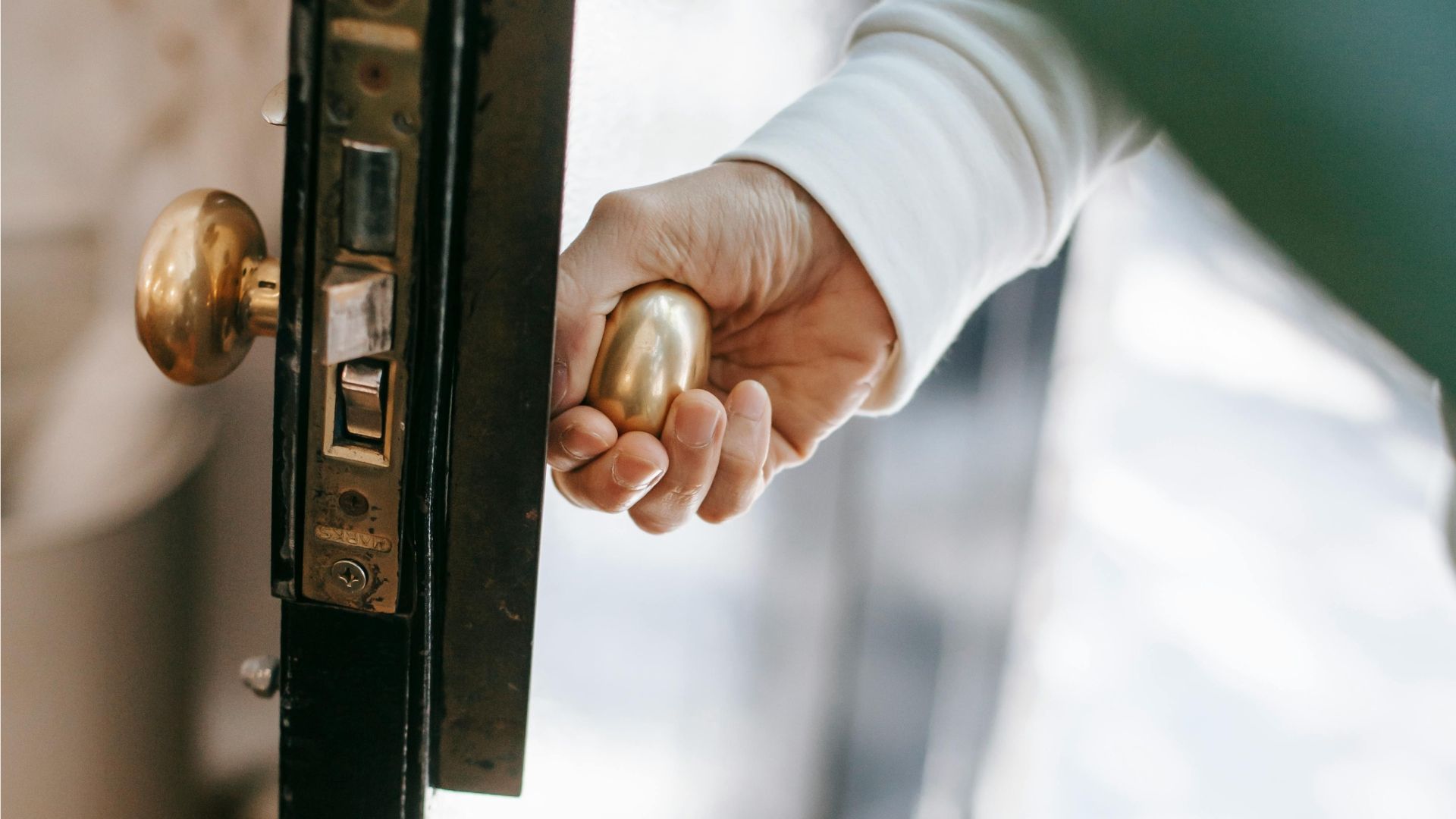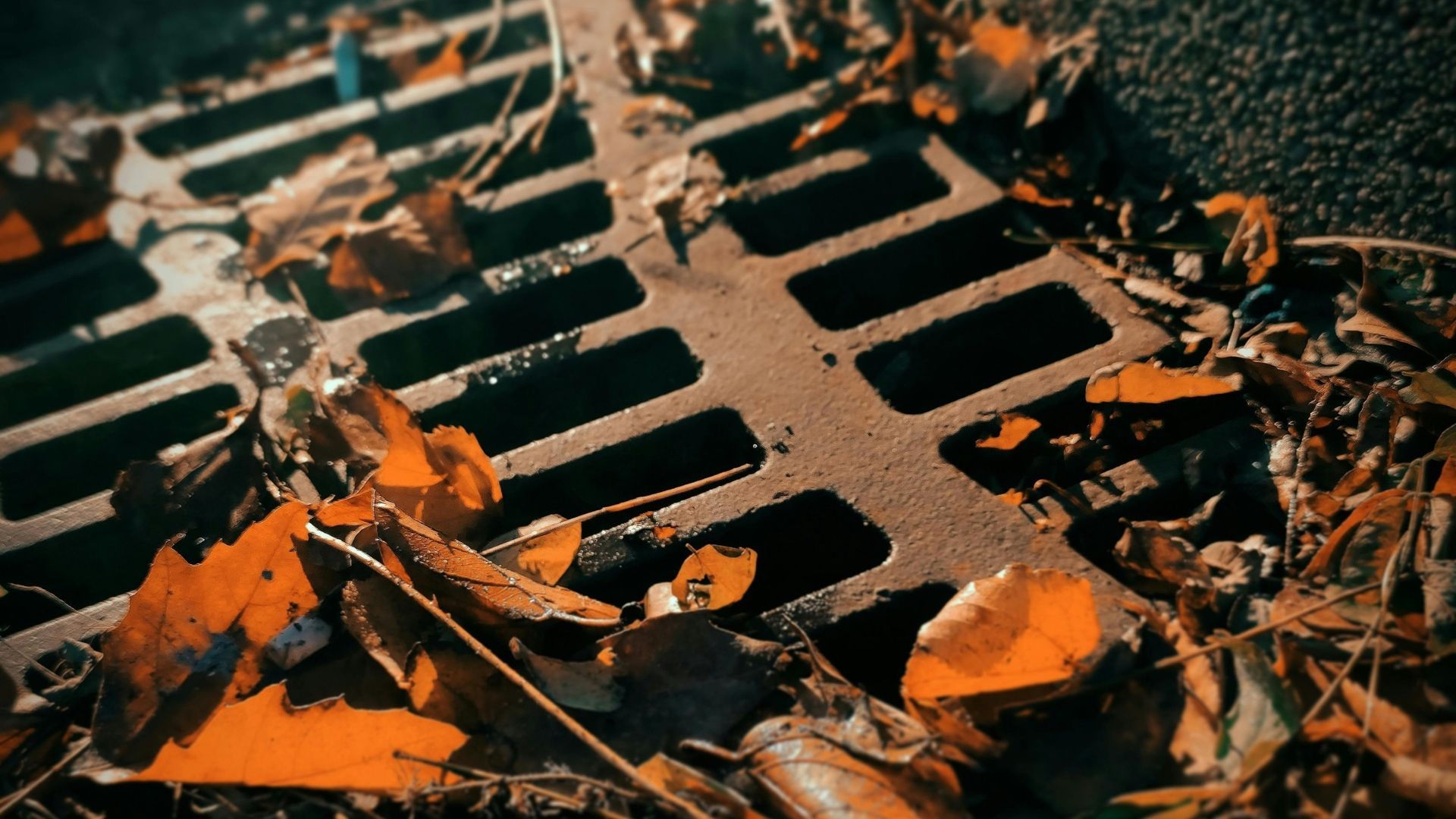A guide to conservatory flooring
When you get a conservatory, you've got a choice of materials for flooring. Find out more in our article.
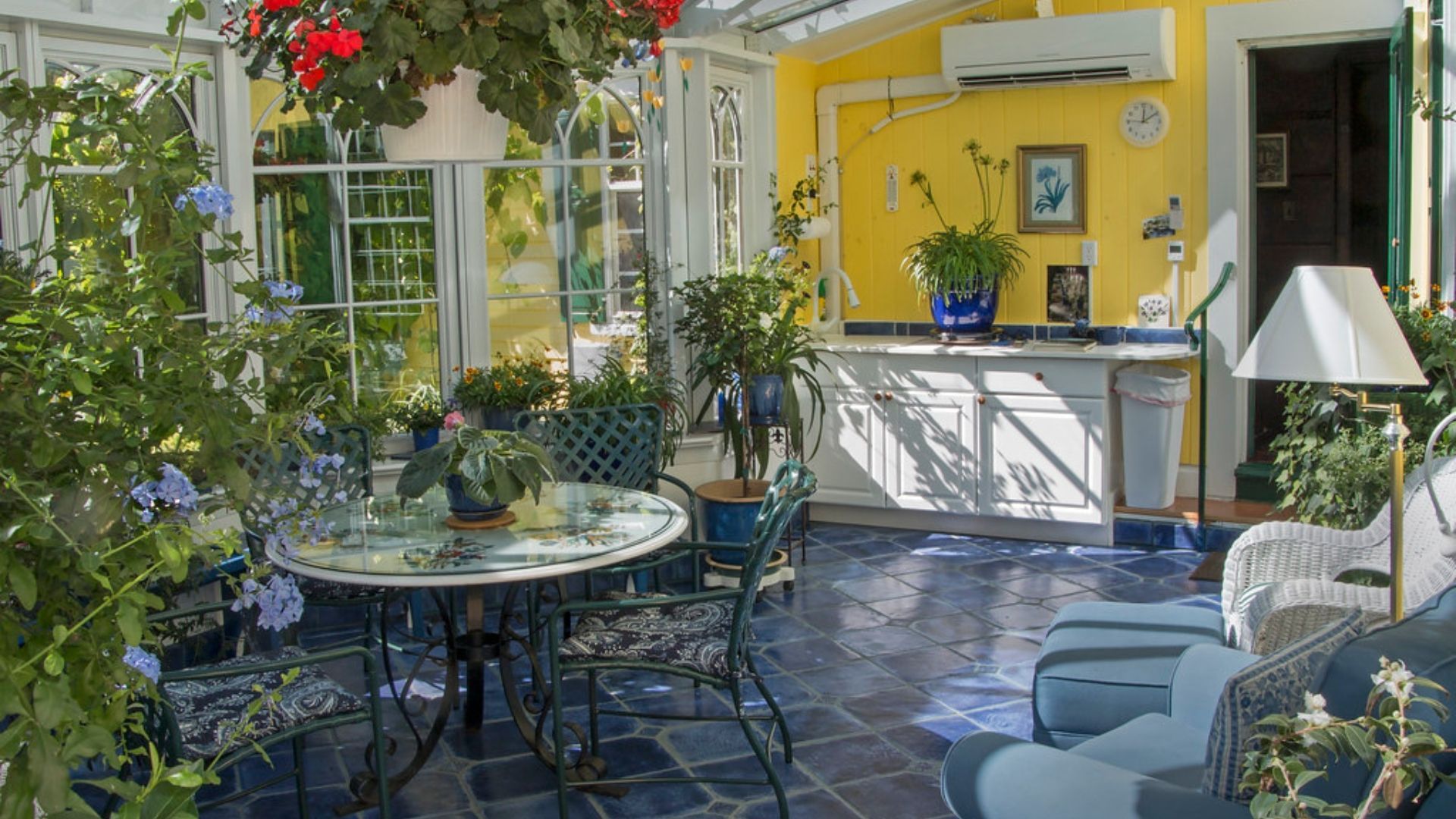
A good-quality conservatory can be a great addition to any home, whether you're looking for an extra room, a place to potter with your plants, a playroom for the kids or a relaxing space for reading.
Before you press the big button marked "buy", however, there's a lot to consider. You need to choose a style, of course. You might want to invest in some special furniture. And you'll need to decide on a material for the floor.
Carpet, laminate and wooden floors are popular choices – but your options don't end there. There's a whole host of possibilities, each with its own advantages and disadvantages.
At this point, you might feel like you're being asked to choose between 15 varieties of green apples – subtly different, for sure, but is there really much between them?
Well, leaving aside the all-important question of aesthetics, the easiest way to choose between them is to ask yourself what your conservatory will be primarily used for.
Is there going to be a lot of movement in and out of the extension? Then you'll want a material that's easy to clean. Will it form part of the kitchen? Then you need something that won't stain easily. Is it a space for the kids to play in? Then you want something durable and hard to skid on.
Answer these questions, and you should be able to pick the right material for your conservatory floor. Let's now take a look at those options in more detail.
Carpet
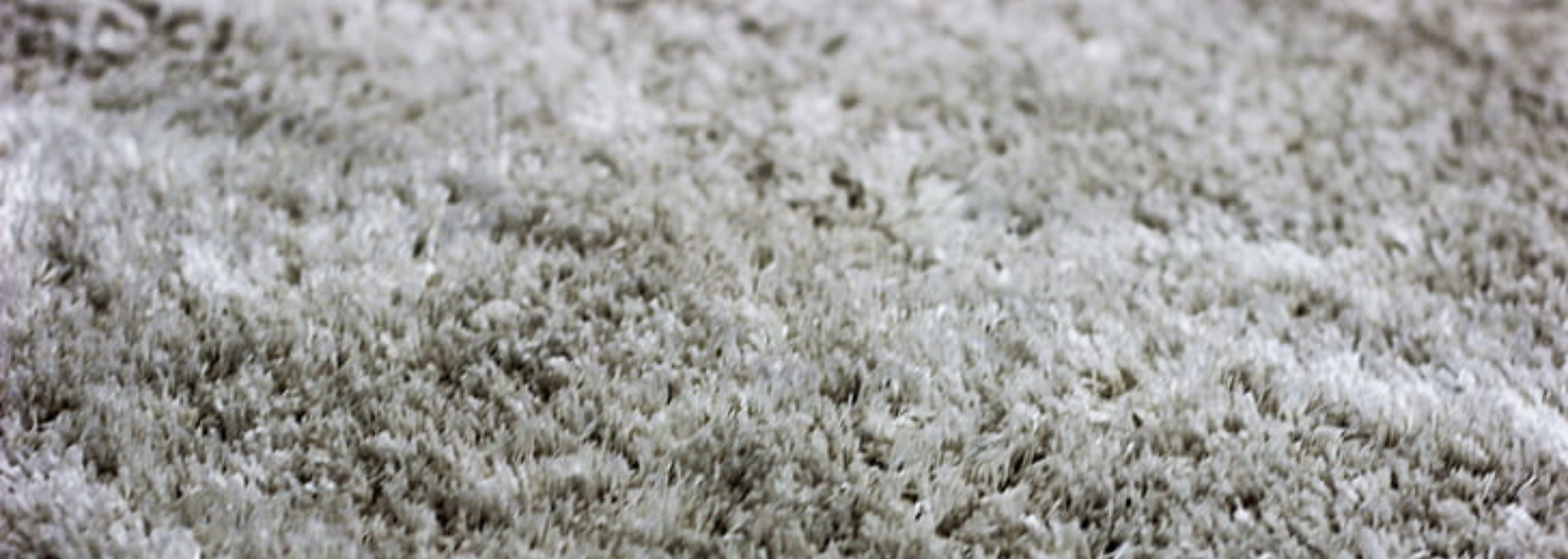
Carpet can be an affordable, versatile option if you want a conservatory on the cosy side. A good-quality underlay will keep the warmth in and improve the overall comfort.
If you've got a keen eye for aesthetics, carpet can pair well with furniture, decorations and the conservatory itself.
The big drawback, however, is that carpet is hard to clean when it's dirty. If your conservatory is likely to be regularly trodden on with muddy boots and shoes, you should look for another material.
Ceramic floor tiles
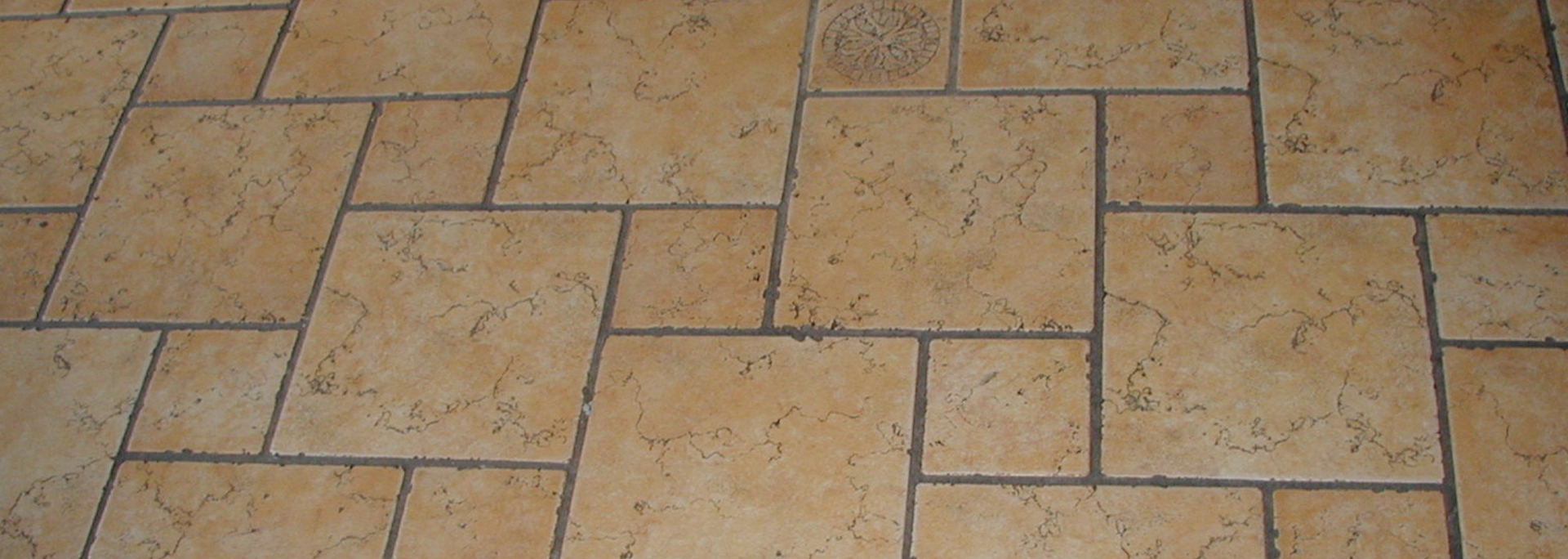
As well as being attractive, ceramic floor tiles are highly durable and easy to maintain. They resist water well, making them a good choice for kitchens with conservatory extensions.
Porcelain tiles can give your floor the look of natural stone at a cheaper price point – and unlike many types of stone, they won't need sealing or polishing.
Perhaps the key consideration, however, is how warm your conservatory is likely to be. If it gets chilly in winter, ceramic tiles won't help – not unless you also get underfloor heating, which will bring the overall price up.
Cork
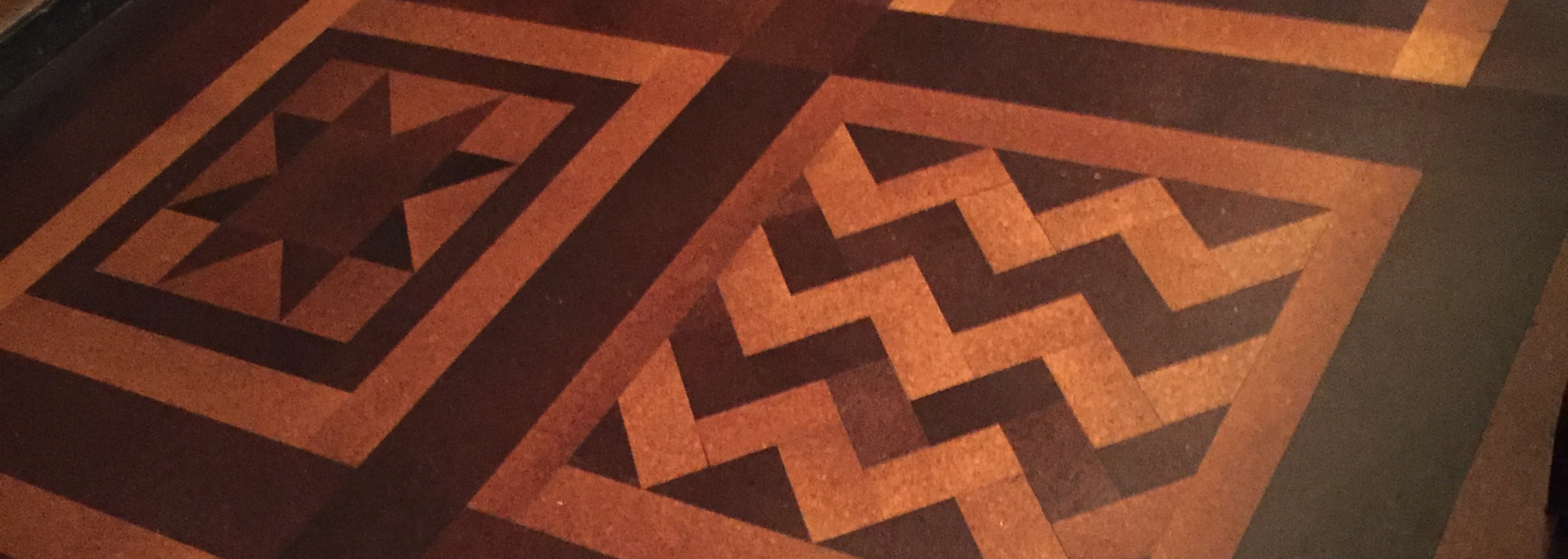
Cork is tough, water-resistant, springy and warm underfoot. These qualities make it ideal for a kid's play area. It's also good at retaining warmth and minimising sound, both of which can enhance the cosiness of your conservatory.
And it's not just that it's easy to clean off any human footprints – it's good for your carbon footprint, too. Cork is 100% natural, renewable and recyclable. This is partly because cork can be harvested without killing the tree.
Laminate
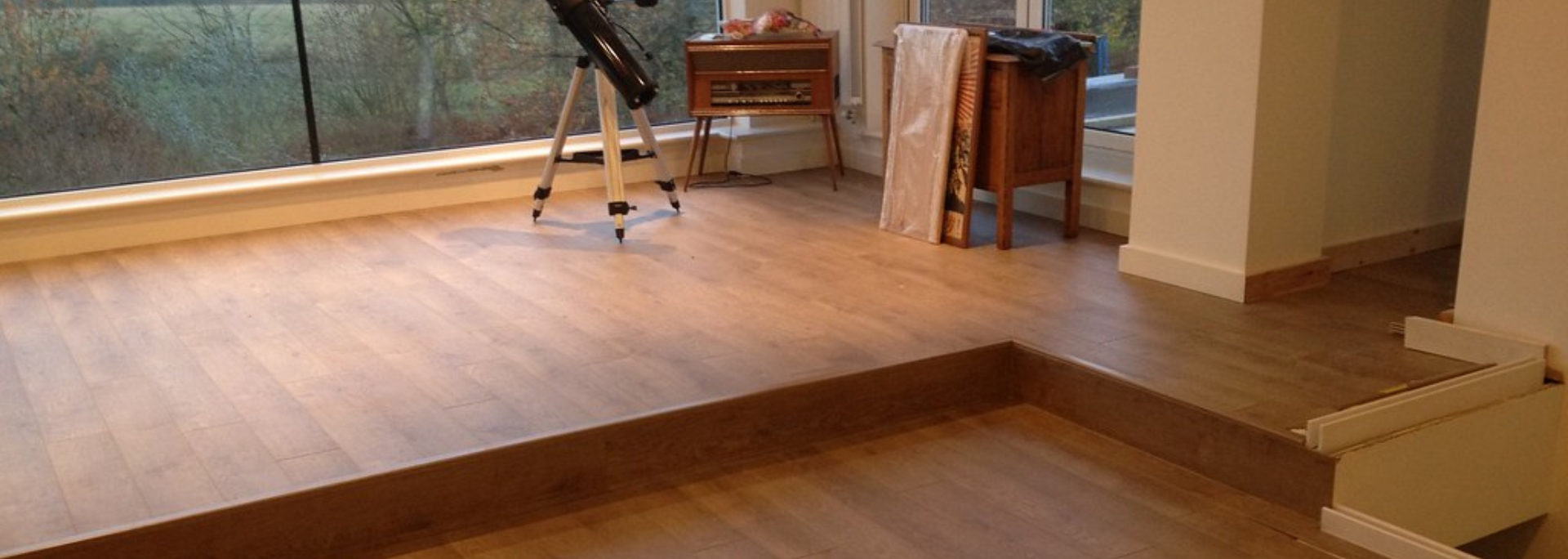
Good-quality laminate can look just like traditional wood. However, it's far easier to install – and far cheaper too.
It's versatile, with plenty of tile, wood and stone patterns and finishes available. But unlike the original materials, it's extremely easy to hoover and wipe clean. This makes it a good option if you're in and out of the conservatory a lot.
One disadvantage is that it can be slippery when wet, making it less than ideal for households with young children. The finish can also fade – something to bear in mind if your conservatory gets a lot of sun exposure.
Stone
Stone flooring is a world unto itself, encompassing classic options like granite, limestone, slate and marble. Your choice will largely depend on the look you're going for – but you should also take into account that some types of stone flooring will need sealing, which can add to installation costs.
Another consideration is that marble is easily stained and marked – not great if there are kids at play or a kitchen counter nearby. It will also need to be polished regularly to keep its shine.
Vinyl
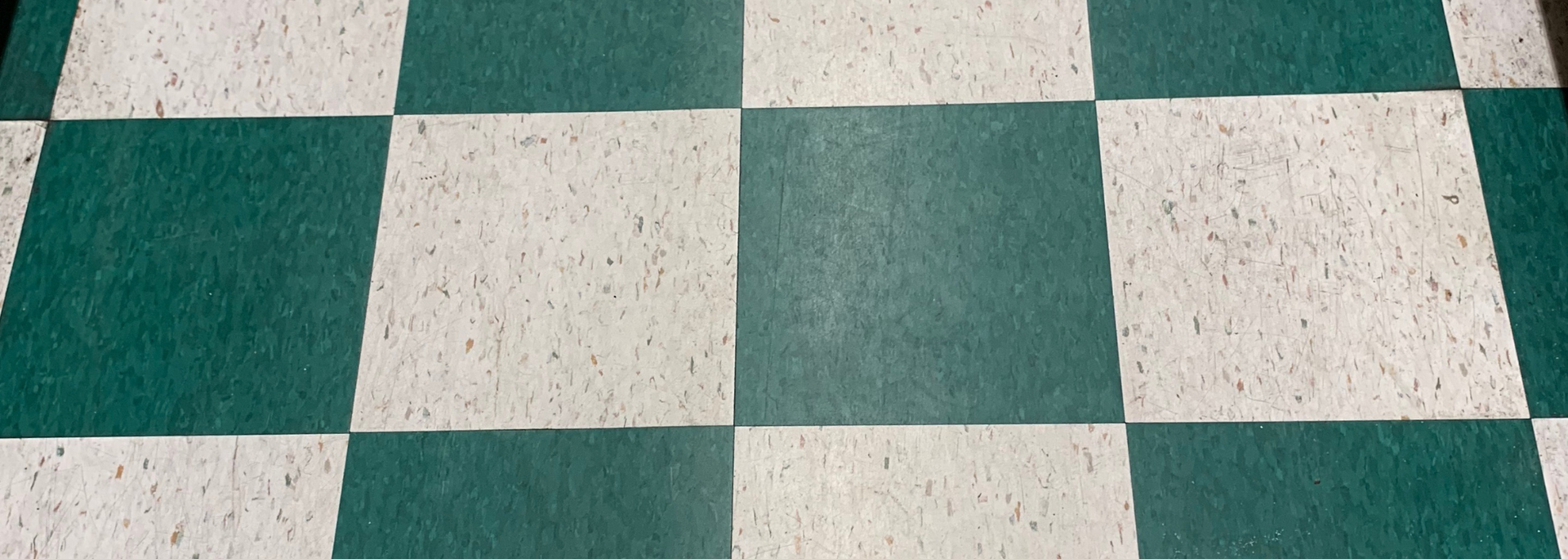
Vinyl is an ever more popular choice for conservatory flooring – not least because it can look like stone, wood or tiles at a fraction of the cost. It's also extremely easy to clean and maintain.
It's great for high-traffic areas, although it can be slippery when wet. Another downside is that it can scratch, stain and discolour easily.
If you're after affordable, easy-clean flooring, then vinyl could be just the thing. Be aware, however, that it doesn't have the durability of the other materials we've mentioned.
Wood
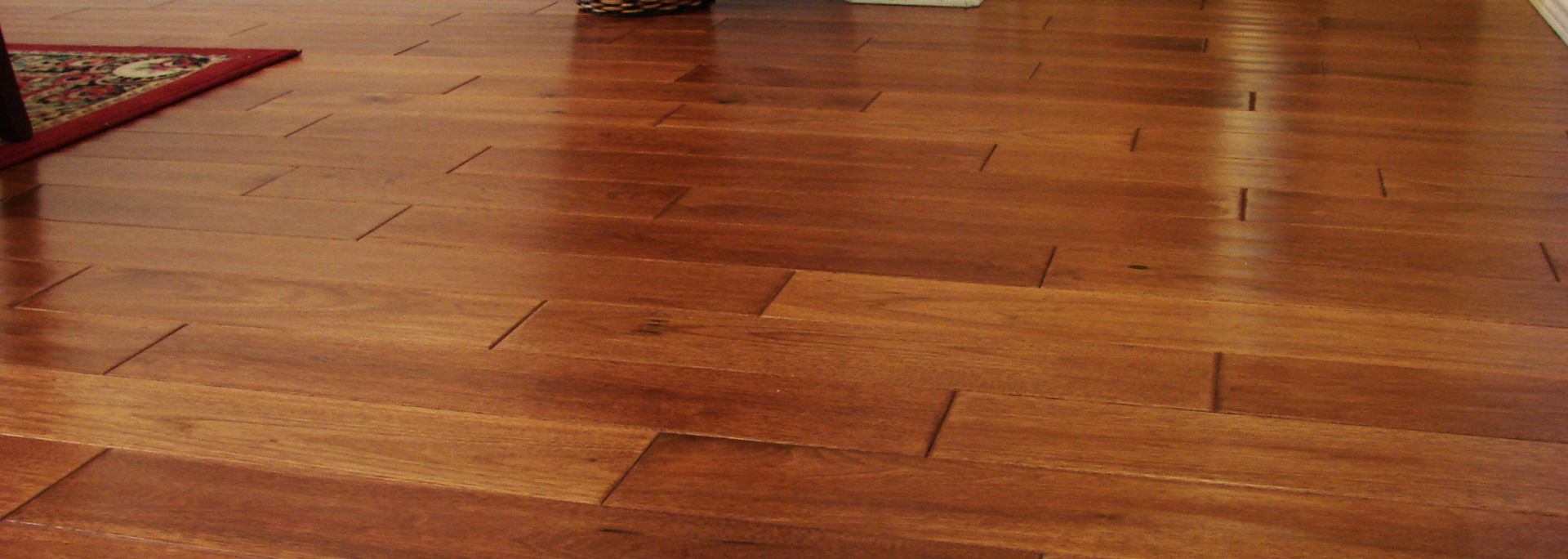
Wood is a classic look for a conservatory – especially if you intend to host dinners or other social occasions there. Take good care of a wooden floor and it can be a talking point for years to come.
Before going for wood, however, you should make sure your conservatory temperature is regulated. If it's very hot in summer and very cold in winter, the wood could warp. You can solve this with underfloor heating – but this will only add to the bill.
A compromise is hybrid hardwood flooring. This has the strength and durability of wood but is much easier to maintain.
How else can you make your conservatory warm?
Your choice of flooring material can make a noticeable difference to the warmth of your conservatory. But it's not just the floor that matters – the roof does, too.
As with floors, there's a range of options available. But at Calder Windows, we swear by SupaLite. This is a kind of
tiled conservatory roof that's insulated to keep the temperature at an even keel in spring, summer, autumn and winter.
Interested? Check out our range of
conservatory styles and
roofs today.
Get a FREE quote
Are you on the lookout for uPVC window fitters in Wakefield or West Yorkshire? With over 30 years' experience and an extensive range of uPVC windows, we can help. Request a quote today or apply for finance and spread the cost.

